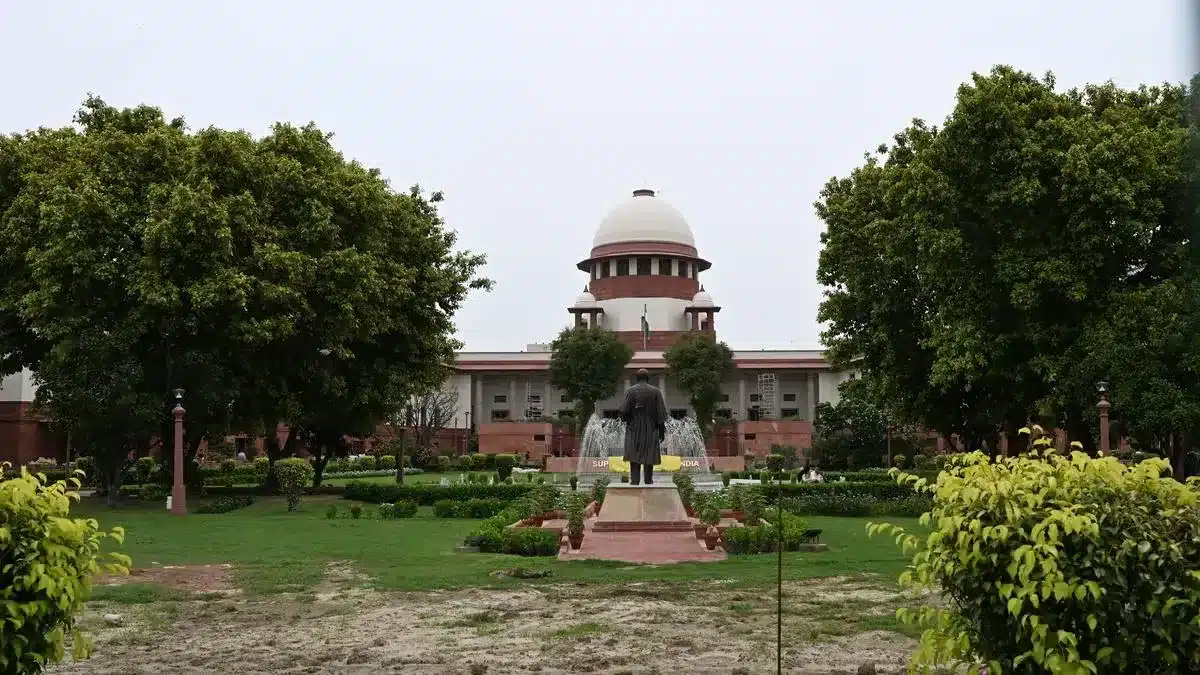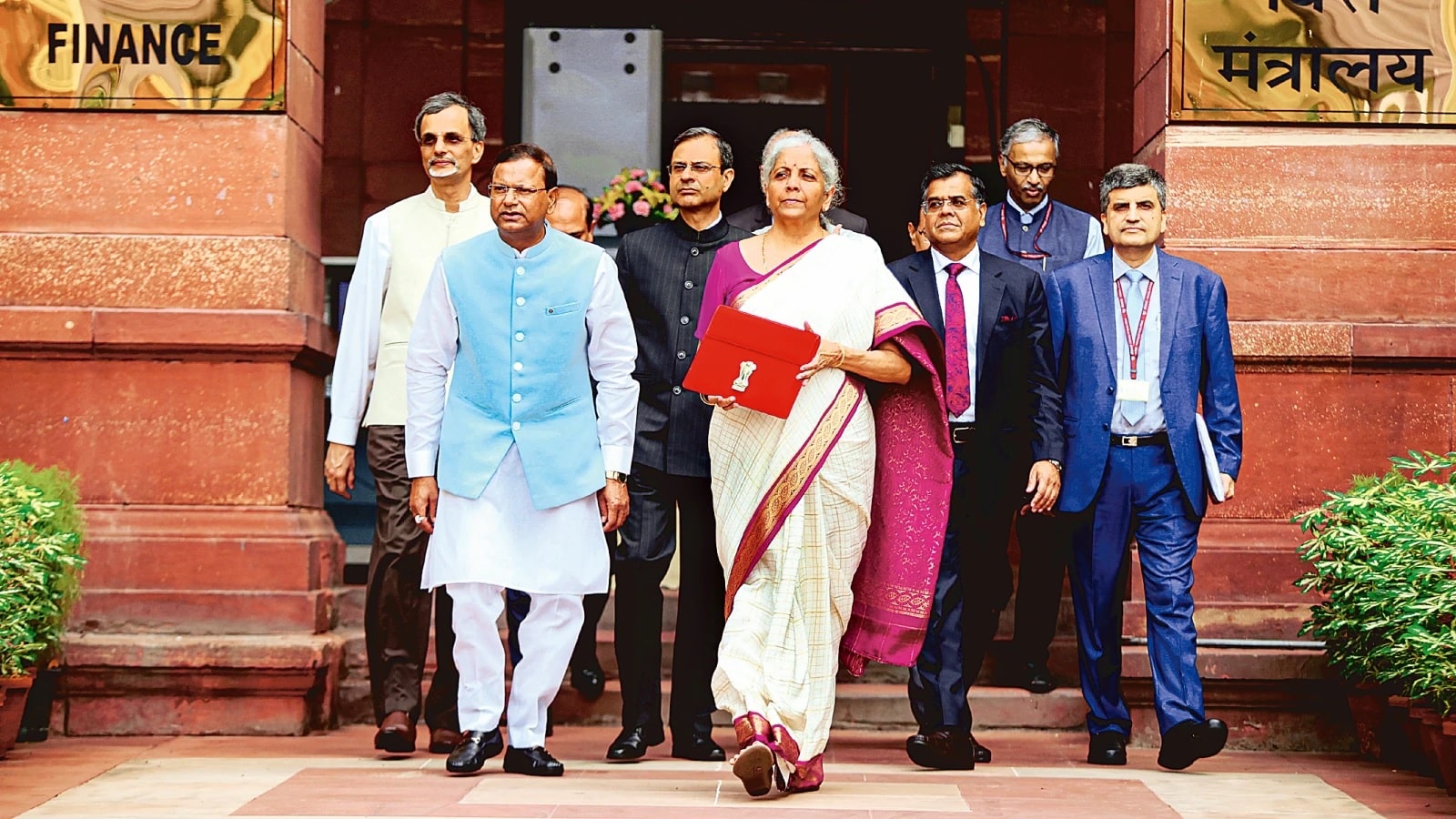What’s in today’s article?
- Why in the News?
- About Chief Information Commission (CIC)
- Significance of the CIC
- News Summary
Why in the News?
- The Central Information Commission has powers to constitute benches and frame regulations, the Supreme Court has said while observing that the autonomy of CIC is of paramount importance for its effective functioning.
About Chief Information Commission (CIC)
- The Chief Information Commission of India is a statutory body that plays a crucial role in ensuring transparency and accountability in the functioning of the government.
- It was established under the Right to Information Act (RTI) of 2005, which empowers citizens to request information from public authorities to promote openness and curb corruption.
- Key Features:
- Establishment and Structure:
- The CIC is constituted by the Central Government and consists of the Chief Information Commissioner and up to ten Information Commissioners.
- Appointment:
- The Chief Information Commissioner and Information Commissioners are appointed by the President of India based on the recommendations of a committee consisting of:
- Prime Minister,
- Leader of the Opposition in the Lok Sabha, and
- Union Cabinet Minister nominated by the Prime Minister.
- The Chief Information Commissioner and Information Commissioners are appointed by the President of India based on the recommendations of a committee consisting of:
- Tenure:
- The Chief Information Commissioner and Information Commissioners hold office for a term of up to five years or until they reach the age of 65, whichever is earlier.
- Functions and Powers:
- Adjudication: The CIC acts as a quasi-judicial body that hears appeals and complaints regarding the RTI Act.
- It has the power to order public authorities to provide information, impose penalties on erring officials, and ensure compliance with the RTI Act.
- Advisory Role: The Commission advises public authorities on implementing and following the RTI Act effectively.
- Promotion of RTI: It conducts programs to promote transparency and educate citizens about their right to information.
- Adjudication: The CIC acts as a quasi-judicial body that hears appeals and complaints regarding the RTI Act.
- Appeal and Complaint Mechanism:
- Citizens who are not satisfied with the response from a Public Information Officer (PIO) can file an appeal with the First Appellate Authority.
- If still unsatisfied, they can approach the CIC for a final appeal or lodge a complaint.
- Public Authorities’ Compliance:
- All public authorities are required to appoint PIOs and provide information to applicants within 30 days.
- The CIC ensures that these authorities comply with the provisions of the RTI Act.
Significance of the CIC
- Enhancing Transparency: The CIC plays a pivotal role in promoting transparency in government operations, making information accessible to the public.
- Empowering Citizens: It empowers citizens by providing them with the tools to seek information and hold the government accountable.
- Curbing Corruption: By ensuring that information is accessible, the CIC helps in reducing corruption and improving governance.
News Summary
- The Supreme Court of India has affirmed that the Chief Information Commissioner (CIC) has the authority to form benches and establish regulations to effectively manage the Central Information Commission under the Right to Information (RTI) Act, 2005.
- This decision overturns a previous Delhi High Court ruling which had limited the CIC’s powers.
- The Supreme Court emphasized that administrative bodies need autonomy to set and implement internal procedures without restrictive interpretations that could undermine their functions.
- The Supreme Court advocated for a broader interpretation of the RTI Act, aligning with its goals of promoting transparency and accountability in public authorities.
- The court noted that the CIC’s regulations, regardless of their nomenclature, are essential for the effective management of its affairs and must be respected to maintain the Commission’s autonomy.
- This ruling underscores the importance of the CIC’s independence in handling the high volume of RTI cases and ensures that it can operate without undue external interference.
Q1. What is the role of the Chief Vigilance Commission?
The Central Vigilance Commission (CVC) is an apex governmental body in India that is responsible for promoting integrity, transparency, and accountability in the country’s public administration. It was established in 1964 as a result of the recommendations of the Santhanam Committee on Prevention of Corruption.
Q2. What is the Santhanam Committee of 1965?
The Santhanam Committee Report had a significant impact on the CVC’s operations and India’s overarching anti-corruption efforts. The report’s recommendations paved the way for the establishment of the CVC in 1964, which was charged with preventing corruption and promoting integrity in public administration.
Source: Central Information Commission has powers to constitute benches, frame regulations: Supreme Court
Last updated on January, 2026
→ Check out the latest UPSC Syllabus 2026 here.
→ Join Vajiram & Ravi’s Interview Guidance Programme for expert help to crack your final UPSC stage.
→ UPSC Mains Result 2025 is now out.
→ UPSC Notification 2026 Postponed for CSE & IFS which was scheduled to be released on 14 January 2026.
→ UPSC Calendar 2026 has been released.
→ UPSC Prelims 2026 will be conducted on 24th May, 2026 & UPSC Mains 2026 will be conducted on 21st August 2026.
→ The UPSC Selection Process is of 3 stages-Prelims, Mains and Interview.
→ Prepare effectively with Vajiram & Ravi’s UPSC Prelims Test Series 2026 featuring full-length mock tests, detailed solutions, and performance analysis.
→ Enroll in Vajiram & Ravi’s UPSC Mains Test Series 2026 for structured answer writing practice, expert evaluation, and exam-oriented feedback.
→ Join Vajiram & Ravi’s Best UPSC Mentorship Program for personalized guidance, strategy planning, and one-to-one support from experienced mentors.
→ UPSC Result 2024 is released with latest UPSC Marksheet 2024. Check Now!
→ UPSC Toppers List 2024 is released now. Shakti Dubey is UPSC AIR 1 2024 Topper.
→ Also check Best UPSC Coaching in India

















